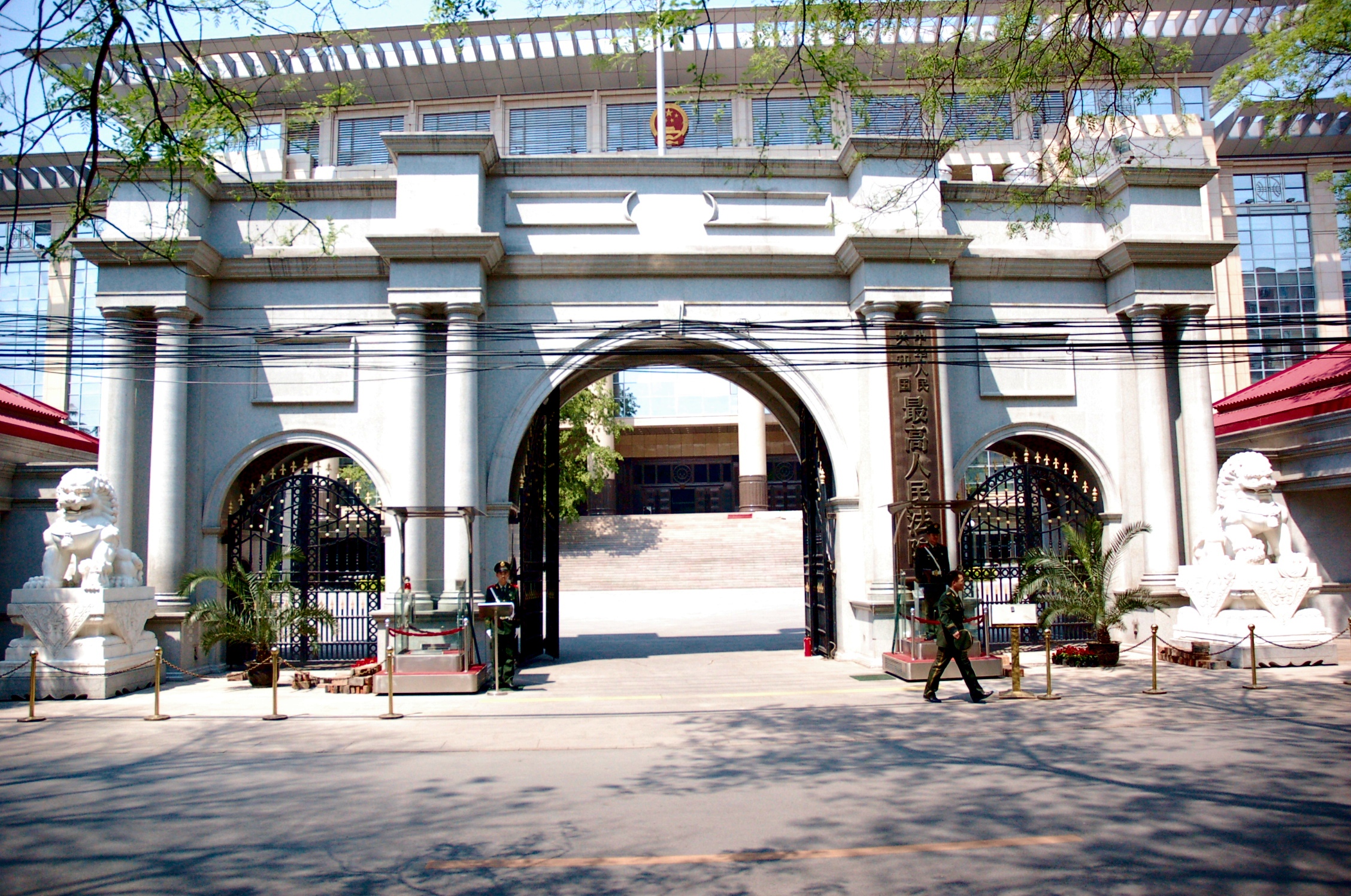(ATF) A new rule designed to lower the amount of interest that private banks can charge on loans has come under scrutiny amid concern it may choke the business of credit card issuers, microfinance firms and other lenders.
The Supreme People’s Court issued a new regulation that lowers the interest rate limit it will agree to legally guarantee. It sets the ceiling at four times the Loan Prime Rate. The LPR was fixed at 3.85% on August 20, meaning the current upper limit would be 15.4%.
The move was designed to prevent overcharging and gouging by unscrupulous lenders. But analysts argue that the regulation is ambiguous, and could be applied to the broader financial market. If that’s the case, they warn it could put legitimate financial companies out of business and lead many borrowers to the black market.
“The financing supply is likely to be replaced by loan sharks,” said Jia Kang, Dean of the China New Supply Economics Research Institute.
READ MORE: China’s biggest banks prepare for a wave of bad loans
In an interview with the Sino-Singapore Jingwei Client, Huang Zhen, Dean of the China Internet Finance Innovation Research Institute of Central University of Finance and Economics said some banks, licensed consumer finance companies, small loan companies and others may withdraw or close down as a result of the new rule.
Officials said they hoped the measure would help keep costs low for companies struggling to find financing to pull them out of the coronavirus downturn. China has funnelled trillions of yuan into infrastructure projects in a bid to benefit smaller companies that would be contracted to carry out the work.
The regulation appears also to be another salvo in the government’s efforts to quell lending through loans and instead encourage more borrowers to sell bonds instead.
As ATF reported recently, China has held back on pumping liquidity into the financial system for fear of overheating the economy’s fragile recovery from the downturn. However, that’s left private banks – the biggest buyers of the government instruments meant to put cash into the system – without the means to purchase them.
Bond markets
The government is also keen to strengthen and improve its bond markets in order to shift financial risks from institutions to investors.
Huang said the Supreme People’s Court adjusted the limit to reflect the changing complexion of China’s financial markets in which covering risks may be unsustainable.
The move recognises the fact that while disputes in financial institutions based on interest rates are discouraged by the judiciary, in practice a large number have been based on the upper limit of the judicial protection of private lending. Therefore, some experts believe that the relevant regulatory authorities should clarify whether the new regulations on private lending also amend judicial interpretation that apply to financial institutions.
In some cases local judicial and institutions use the ceiling to restrict lending by other financial institutions. The court also issued a “Notice on Regulating and Rectifying the Cash Loan Business”, which stipulates “all types of comprehensive cost of funds collected by institutions from borrowers in the form of interest rates and various fees shall comply with the provisions of the Supreme People’s Court on private lending interest rates,” Oriental Fortune Network reported.
Ant Group, which went public recently, also stated in its listing application documents that its licensed microfinance subsidiary could be damaged by any lowering of the cap. The unit would likely need to change its loan pricing or business model, the company said.
























